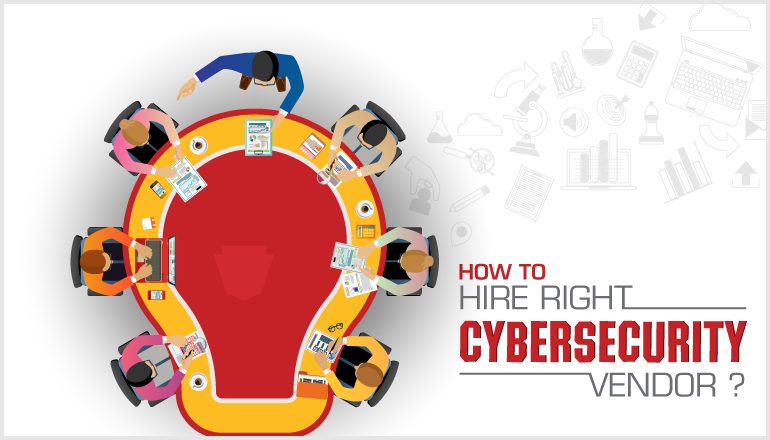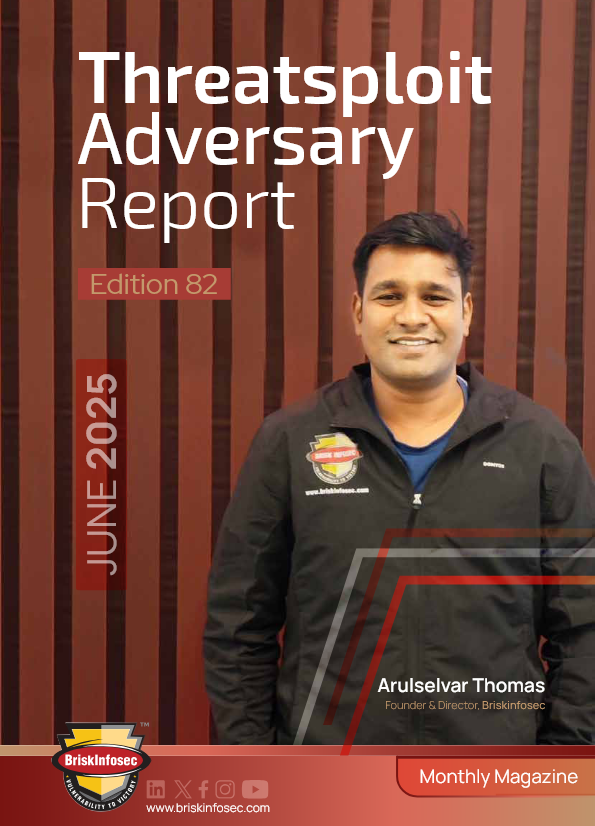Table of content
- Vendor management
- How to select the right vendors for cybersecurity
- What does the vendor do when a breach happens?
- What is cybersecurity and what we do in it?
- What we do in cybersecurity?
- Highights of the services
- Conclusion
Vendor management
Vendor management enables an ongoing development of the third-party vendors through frequent collaboration and constant monitoring. It involves working with your vendors as a team to draw up mutually beneficial contracts that ultimately strengthen both businesses. It prioritizes establishing a long-term vendor relationship over short-term gains. It is used when describing the activities included in researching and sourcing vendors, obtaining quotes with pricing, capabilities, turnaround times, and quality of work, negotiating contracts, managing relationships, assigning jobs, evaluating performance, and ensuring payments are made. It requires a lot of skills, resources, and time. Hence Vendors are at the heart of any organization’s procurement process.
How to select the right vendors for cybersecurity
Selecting the right vendor requires the investment of both time and money that must be carefully accounted to avoid wasting valuable resources not just in the testing and analysis of products, but also determining if those solutions fit easily into your business model as well as whether the relationship with the vendor will create a long-term partnership. A single breach can have a massive of effect on a company, resulting in financial and reputational damage. The hard fact is that enterprise security is something we cannot afford to get wrong, for that we have to pick up the right partner who can make all the difference in ensuring the safety of your business. But, with so many people in the marketplace and an array of security offerings, it is a tough call. With the right vendor in place are better able to streamline their offerings for efficiency and provide top-notch service offerings to their customers. Regardless of vendor type, CISOs must look for those that offer a leading technology set that is able to deliver protection against an ever-evolving threat landscape both comprehensively and cost-effectively, and that also have a clear vision for continuing to provide that level or protection long into the future. Here are the some Important tips to keep in mind while choosing a good security service provider:
- Responsiveness
- Range of service
- Vendor Neutrality
- Accountability
- Cross-Check References
- Longevity and Financial Viability
- Expertise
- Advanced facilities
- Round the clock intelligence
- Transparency and Auditing
What does the vendor do when a breach happens?
They will ask the potential cybersecurity vendor how they treat cyber threats. They should have a dedicated team to address the security vulnerabilities that responds promptly any time an issue is reported. If it’s a software issue, they should make a patch available as soon as possible and communicate the resolution in an efficient manner.
What is cyber-security and what we do in it?
Cyber security is the state or process of protecting and recovering networks, devices and programs from any type of cyberattack. Cybercriminals can deploy a variety of attacks against individual victims or businesses that can include accessing, changing or deleting sensitive data, extorting payment or interfering with business processes. The impact of this cyberattack is an evolving danger to organizations, employees and consumers. Cyber security is the practice of defending your electronic systems, networks, computers, mobile devices, programs and data from malicious digital attacks. Cyber security is a subset of IT security. While IT security protects both physical and digital data, cyber security protects the digital data on your networks, computers and devices from unauthorized access, attack and destruction. Small- and medium-size businesses do not typically have IT Security departments to manage their cybersecurity. In fact, even firms with IT staff often exhibit a glaring lack of security expertise. This can lead to a fatalistic attitude towards cybersecurity and a kind of paralysis in which even modest initiatives that would dramatically improve the organization’s defensive posture are not undertaken. What we do in cybersecurity? We draw on our deep expertise of a large pool of experienced security professionals to offer IT security solutions that address the key challenges faced by enterprises today. Our IT security services aim to improve the agility, flexibility and cost effectiveness of the next generation needs of information security and compliance programs. We ensure a holistic risk driven approach for organizations with our solutions in the areas of identity and access governance, data protection, risk & compliance, threat management and mitigation (application, network, mobile, cloud) and cyber security monitoring & management. Hence we are the defendant and would protect your organization from the cyberattacks
Highlights of the services
Challenges of Cyber Security
In order to be better protected, it’s important to know the different types of cybersecurity. These includes a network security, application security, mobile security, api security, thick client security, secure source code review, iot security, information security, cloud security, data loss prevention, and end-user education.
Network security: Network security assessment will reveal real-world opportunities for hackers with possibilities for systems and networks compromises. We identify unauthorized access to sensitive data or even domain take-over systems for malicious/non-business purpose. The process of assessing an organization’s network infrastructure externally or internally is to identify vulnerabilities and security issues
Application security: Web application security assessment combines information security best practices and technologies specifically designed to test websites, web-based services, and web applications.
Api security: The usage of API services became more significant in modern web and mobile apps, it becomes a major attack vector and paves the gateway for various new variety of vulnerabilities and threats. API services security assessment will provide a significant amount of information about the vulnerabilities in the API to the developers, which are necessary to avoid data breaches.
Information security: Also known as InfoSec, protects both physical and digital data—essentially data in any form—from unauthorized access, use, change, disclosure, deletion, or other forms of malintent.
Cloud security: Many organizations assume that cloud security is the cloud provider’s responsibility. This isn’t entirely true. It is your data, and you need to take ample measures to ensure that you protect it, every minute. We help you protect your assets including your customer data, platforms, applications, operating systems and networks that you put on the cloud. Cloud Penetration Testing is an authorised simulated cyber-attack against a system that is hosted on a Cloud provider, e.g. Amazon’s AWS, Microsoft’s Azure, Google Cloud Platform and Rackspace.
Secure Source Code Review: many organizations are using automated tools for code review but it has been observed that this method has its obvious limitations. Programmers often follow incorrect programming practices, which leads to security loopholes. To mitigate these risks, it is mandatory to perform code review to detect security loopholes and then to fix them.
IOT Security: IOT Security is a combination of security test done with the wireless network, data, mobile application and cloud security. Our testing takes a holistic approach to security testing by reviewing the entire product ecosystem from chip to code. Our security evaluations mitigate cyber risks in connected devices, augmenting enterprises to build in security from the outset, and gain a competitive advantage in the market which is experiencing both, exponential growth and increased consumer concern about cyber-security.
Data loss prevention: Consists of developing policies and processes for handling and preventing the loss of data, and developing recovery policies in the event of a cybersecurity breach. This includes setting network permissions and policies for data storage.
End-user education: Acknowledges that cyber security systems are only as strong as their potentially weakest links: the people that are using them. End-user education involves teaching users to follow best practices like not clicking on unknown links or downloading suspicious attachments in emails—which could let in malware and other forms of malicious software.
Conclusion
Cybersecurity is not optional or discretionary in nowday’s business environment. Everyone knows you must secure your online information and IT assets to reduce the risk of breach, loss or exposure of data, theft of resources, and the consequential costs. The purpose of this article is to provide useful criteria to IT decision makers within firms needing outside expertise as to how to select and qualify cybersecurity vendors, and ultimately choose the one that is the best fit for their organization.

